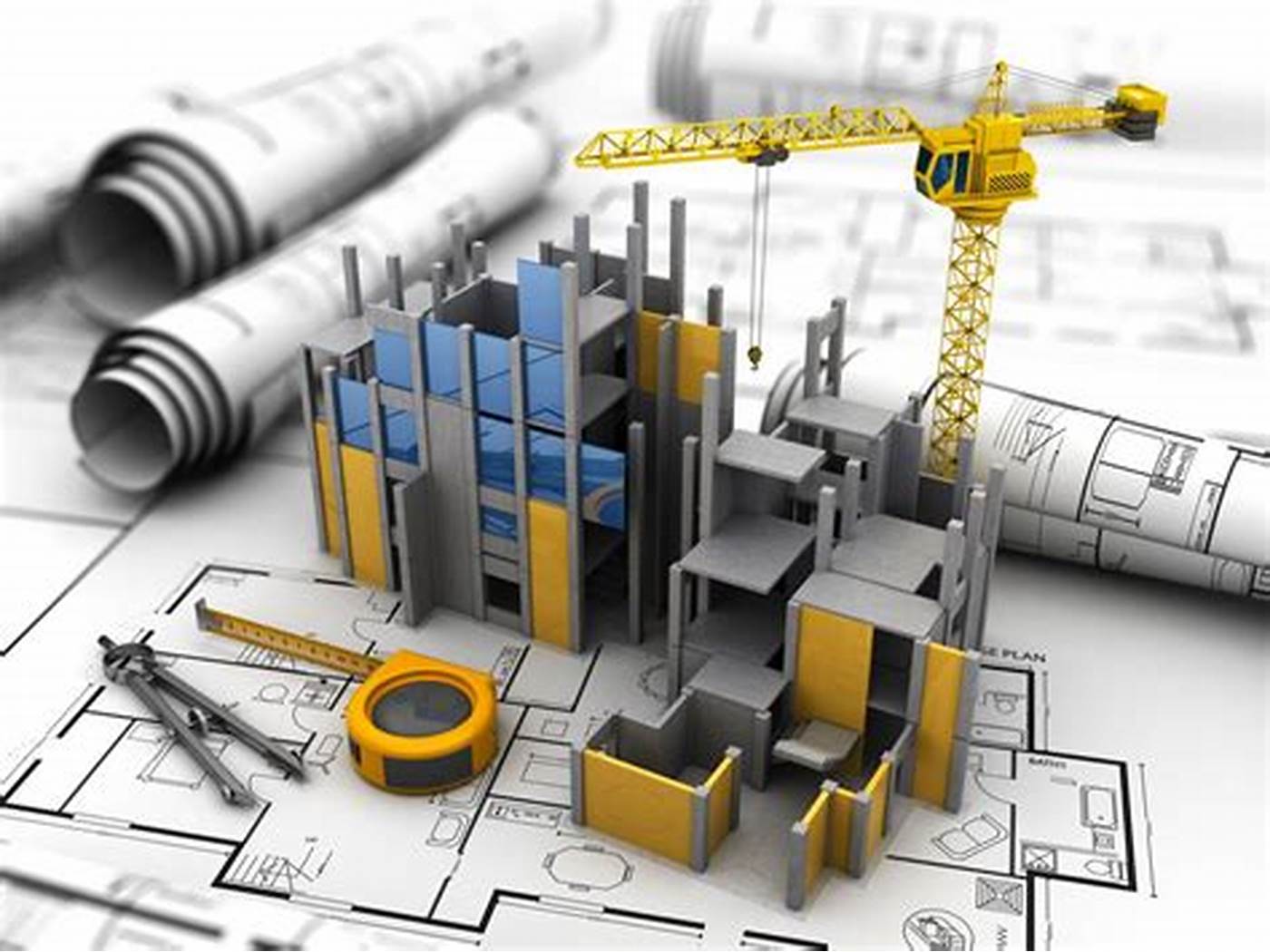Table of Contents
Introduction
If you are fascinated by the idea of designing and constructing vital infrastructures that shape the modern world, a career as an infrastructure engineer might be the perfect fit for you. Infrastructure engineers play a crucial role in planning, building, and maintaining essential systems such as roads, bridges, airports, and utilities. This article will guide you on how to become an infrastructure engineer in India, from the necessary qualifications to career prospects.
1. What is an Infrastructure Engineer?
Infrastructure engineers are professionals responsible for planning, designing, and overseeing the construction of various infrastructures. They work on projects that range from transportation networks to water supply systems, ensuring that they are safe, efficient, and sustainable. These engineers collaborate with architects, city planners, and construction teams to bring their designs to life.
2. Educational Requirements
To become an infrastructure engineer in India, you will need to pursue a bachelor’s degree in civil engineering or a related field. Many reputed universities and colleges offer undergraduate programs specifically focused on infrastructure engineering. The curriculum usually includes subjects like structural analysis, geotechnical engineering, transportation planning, and construction management.
3. Specializations in Infrastructure Engineering
As you progress in your academic journey, you may have the option to specialize in specific areas of infrastructure engineering, such as:
Transportation Engineering
Water Resources Management
Environmental Engineering
Geotechnical Engineering
4. Skill Development
While a solid educational foundation is essential, acquiring relevant skills is equally crucial for success in this field. Infrastructure engineers need to develop the following skills:
- Analytical Skills: The ability to analyze data, interpret blueprints, and make informed decisions is vital in infrastructure engineering.
- Communication Skills: Effective communication with team members, stakeholders, and clients is essential for smooth project execution.
- Problem-Solving Skills: Infrastructure engineers face various challenges during projects, and strong problem-solving skills are necessary to overcome them.
- Project Management: The capability to manage resources, time, and budgets ensures the successful completion of projects.
5. Gaining Work Experience
After completing your degree, gaining practical experience through internships or entry-level positions is highly beneficial. Many engineering firms, construction companies, and government agencies offer internships to fresh graduates, providing them with hands-on experience and exposure to real-world projects.
6. Certifications and Licenses
Obtaining relevant certifications and licenses can boost your credibility and open up more job opportunities. In India, the Institution of Engineers (India) offers various certifications for infrastructure engineers, which can add value to your resume.
7. Job Opportunities
The demand for skilled infrastructure engineers in India is on the rise. You can explore opportunities in both public and private sectors, including government agencies, construction companies, consulting firms, and infrastructure development organizations.
8. Salary and Benefits
Infrastructure engineering is a rewarding career in terms of remuneration. Salaries vary based on experience, location, and the size of the organization. Along with competitive pay, infrastructure engineers often receive benefits such as health insurance, retirement plans, and paid leaves.
9. Career Progression
As you gain experience and expertise in infrastructure engineering, you can progress to more senior roles like project manager, design engineer, or infrastructure consultant. Leadership positions offer greater responsibility and higher compensation.
10. Challenges and Rewards
Infrastructure engineering presents its own set of challenges, including dealing with complex projects, meeting tight deadlines, and navigating regulatory requirements. However, the sense of accomplishment in creating structures that benefit society is incredibly rewarding.
11. Advancements in Infrastructure Engineering
With rapid technological advancements, infrastructure engineering is constantly evolving. Engineers now use sophisticated software for design and simulations, and there is a growing emphasis on sustainable and eco-friendly solutions.
12. Sustainability and Environmental Concerns
As an infrastructure engineer, you will play a crucial role in promoting sustainable practices and addressing environmental concerns. Projects must be designed with eco-friendliness and resilience in mind.
13. Infrastructure Engineering Projects in India
India has witnessed remarkable infrastructure development in recent years. Major projects like metro rail networks, smart cities, and express highways have created a demand for skilled infrastructure engineers.
14. Role of Government and Private Sector
Both the government and private sector contribute significantly to infrastructure development in India. Government initiatives like “Make in India” and “Smart Cities Mission” have opened doors for infrastructure engineers to work on ambitious projects.
15. Future of Infrastructure Engineering in India
The future of infrastructure engineering in India is promising. As the country continues to grow and urbanize, the demand for infrastructure development will soar, creating abundant opportunities for talented engineers.
Conclusion
Becoming an infrastructure engineer in India requires dedication, education, and hands-on experience. By following the outlined steps, you can embark on a fulfilling career that shapes the nation’s progress and improves the quality of life for millions.
FAQs
Q1: Can I become an infrastructure engineer without a civil engineering degree?
A1: While a civil engineering degree is the most common path, some related fields like environmental engineering or transportation engineering can also lead to a career in infrastructure engineering.
Q2: Are there any specific software skills needed for infrastructure engineers?
A2: Yes, proficiency in software like AutoCAD, Civil 3D, and structural analysis tools is advantageous for infrastructure engineers.
Q3: Is infrastructure engineering a male-dominated field in India?
A3: While historically male-dominated, the field is gradually becoming more inclusive, with more opportunities for women engineers.
Q4: What are the challenges faced by infrastructure engineers in India?
A4: Infrastructure engineers often encounter challenges like land acquisition, budget constraints, and managing large-scale projects.
Q5: How can I stay updated on the latest trends in infrastructure engineering?
A5: Joining professional organizations, attending seminars, and reading industry publications can help you stay informed about the latest developments in infrastructure engineering.




